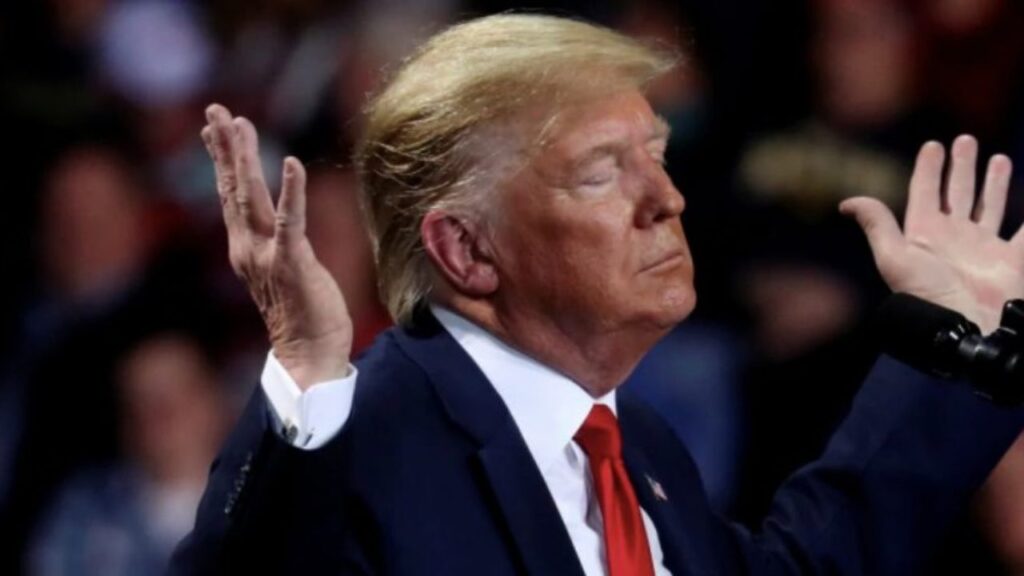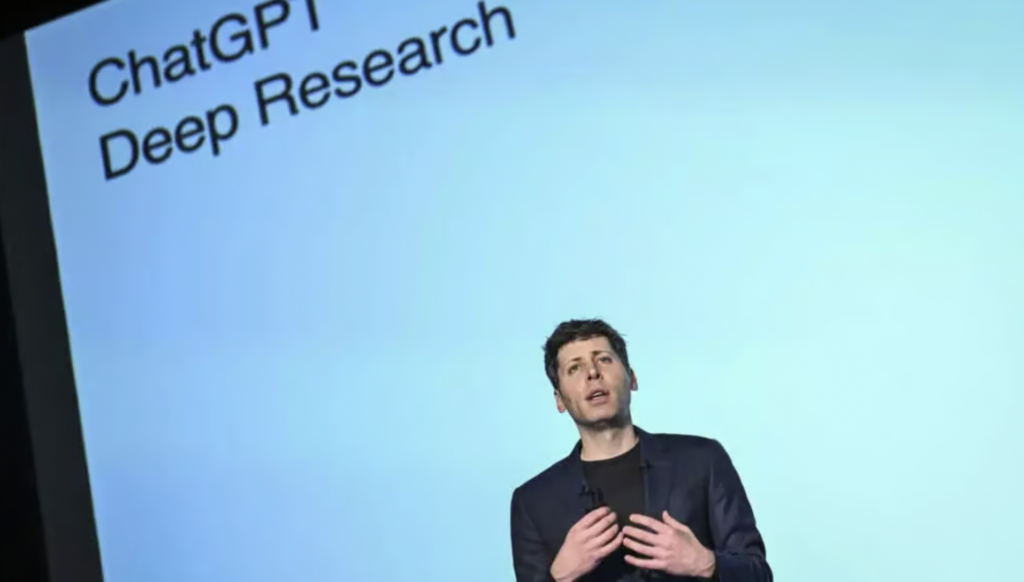The Bombay High Court has recently struck down the central government’s attempt to establish a fact-checking unit, a move that has sparked significant discussion regarding freedom of speech and government oversight. This decision came after stand-up comedian Kunal Kamra filed a petition challenging the constitutionality of the Information Technology Amendment Rules, 2023.

Background of the Case
The central government introduced amendments to the Information Technology (Intermediary Guidelines and Digital Media Ethics Code) Rules, 2021, which aimed to empower the establishment of Fact Check Units (FCUs). These units were intended to identify and debunk what the government deemed “fake news” circulating on social media platforms. However, this initiative faced backlash from various quarters, including Kamra, who argued that such measures would lead to government censorship and infringe upon fundamental rights.
The Court’s Ruling
Justice AS Chandurkar delivered the verdict, asserting that the amendments violated Articles 14 and 19 of the Indian Constitution. Article 14 guarantees equality before the law, while Article 19 protects freedom of speech and expression. The judge emphasized that terms like “fake, false, and misleading” were too vague without clear definitions, making the rules problematic. He stated, “I have considered the matter extensively…the impugned rules are violative of Articles 14 and 19”
This ruling followed a split verdict from a previous division bench in January 2024. While Justice Gautam Patel had struck down the rules citing concerns over censorship, Justice Neela Gokhale upheld them, arguing they did not restrict free speech. The case was referred to Justice Chandurkar as a tie-breaker, ultimately siding with Patel’s interpretation .
Implications for Free Speech
The court’s decision is seen as a significant victory for advocates of free speech. Petitioners argued that the amendments could create a chilling effect on social media platforms by enabling government control over what constitutes “truth” online. Kamra’s lawyer highlighted that these rules would allow the government to act as “the prosecutor, the judge, and in that loose sense, the executioner” regarding online content .
Conclusion
The Bombay High Court’s ruling against the establishment of a fact-checking unit underscores ongoing tensions between government authority and individual freedoms in India. As digital platforms continue to evolve, so too will discussions around regulation and free expression. The implications of this ruling may resonate beyond this specific case, influencing how future policies regarding online content are crafted.In summary, the Bombay High Court ruled against the central government’s plan for a fact-checking unit after Kunal Kamra’s petition highlighted constitutional violations. Justice Chandurkar stated that the amendments breached Articles 14 and 19 of the Constitution due to vague definitions and potential censorship implications. This ruling reinforces concerns over free speech in India’s digital landscape.












